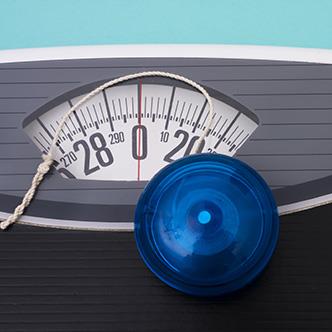
Yo-yo dieting may pose risks for heart patients, based on a recent study that linked fluctuation in body weight to increased risk for heart events and death in patients with heart disease.
Published in the New England Journal of Medicine, this study looked at the effects of weight fluctuation in patients with heart disease. It included 9,509 patients participating in the Treating to New Targets Trial, which tested cholesterol-lowering statins in patients with heart disease. The trial monitored participants’ weight for nearly five years and tracked key outcomes, including heart attack, stroke and death.
The median age of participants was 62, and by the end of the study, nearly one-third suffered heart attack or stroke and 5% had died.
However, researchers found that the more a patient’s weight fluctuated, the greater their risk for heart events. Patients in the group with the highest weight fluctuation—roughly 8.6 pounds—had more than twice the risk of a heart attack, stroke or death than those who fluctuated less than two pounds. Researchers also found that participants the highest weight fluctuation had 78% greater risk for developing diabetes than those who fluctuated the least.
Findings are similar to results of the Framingham Heart Study, which also linked drastic weight fluctuation to increased cardiovascular risk. However, the Framingham Heart Study included patients without heart disease, while the recent analysis included patients already diagnosed with heart disease.
While findings confirm that weight fluctuation may be harmful for patients with heart disease, experts explain that it shouldn’t discourage patients from losing weight. Achieving a healthy weight is one of the best ways to prevent heart events, especially for patients living with heart disease. Even losing a small portion of weight can have immediate health benefits in patients that are overweight or obese. However, it’s just as important to keep that weight off once the dieting is over, which can take work. When it comes to weight loss, experts encourage patients to set reasonable goals in order to be able to maintain those achievements over time.